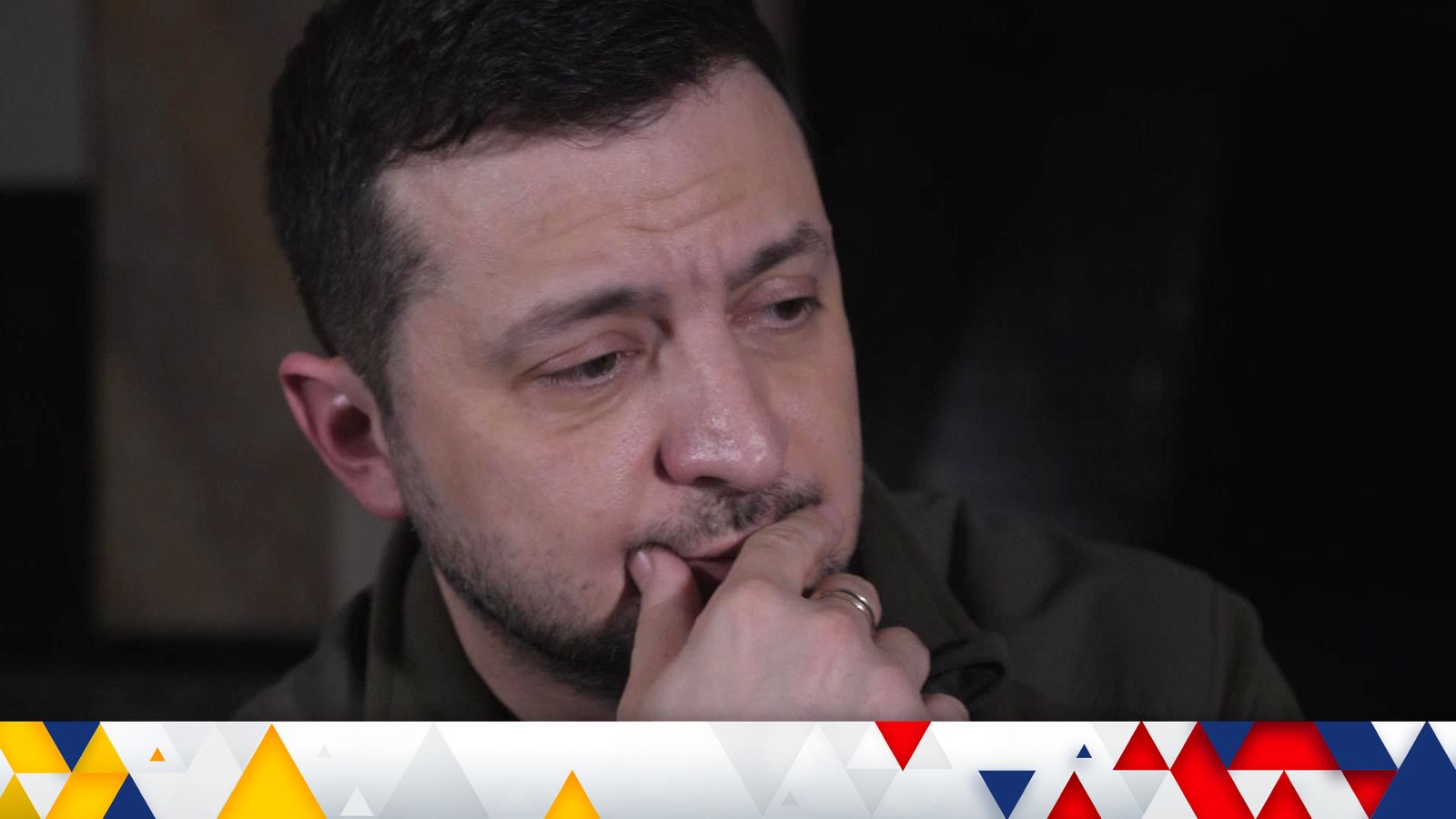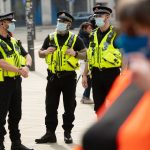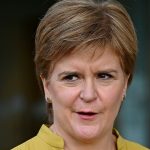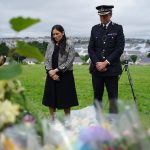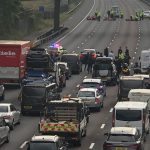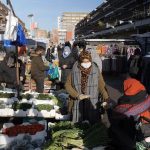Boris Johnson has said it has been “deeply upsetting” and “absolutely agonising” to refuse President Volodymyr Zelenskyy a no-fly zone over Ukraine.
The prime minister, speaking to Sky News’ Beth Rigby Interviews programme, said the pair have had some “very frank conversations” but the UK and NATO cannot cross that line.
On Wednesday, Mr Zelenskyy told Sky News’ special correspondent Alex Crawford, in Kyiv, that Western countries were being indecisive on the issue of “closing the skies” against what he called “the Nazis”.
Please use Chrome browser for a more accessible video player
Follow live updates on Russia’s invasion of Ukraine
“If you are united against the Nazis and this terror, you have to close. Don’t wait for me ask you several times, a million times. Close the sky,” he said.
“Close the sky and stop the bombing.”
He also made the plea during a historic live video address to MPs in the House of Commons on Tuesday.
Ukraine war: Scottish Conservative leader Douglas Ross withdraws no-confidence letter in Boris Johnson due to Russia invasion
Ukraine war: Boris Johnson may now be safe as PM, but war and an economic crisis mean his job has never been harder
Ukraine war: Boris Johnson tells Sky News he fears Vladimir Putin may use chemical weapons as it is ‘straight out of Russia’s playbook’
Please use Chrome browser for a more accessible video player
‘Deeply upsetting’ refusing no-fly zone
But the UK, the US and NATO have continually rejected Mr Zelenskyy’s calls for a no-fly zone over Ukraine as they say it would mean having to shoot down Russian planes which would likely start another world war.
Mr Johnson and the Ukrainian leader have been having almost daily conversations in the 15 days since Russia invaded.
The PM said: “We’ve had some very frank conversations and ones which have been deeply upsetting because there is a line beyond which, quite frankly, the UK and NATO would be deemed to be in direct conflict with Russia.
“It’s agonising, absolutely agonising. I’ve had this conversation at least a couple of times with Volodymyr but I think the difficulty is that it will require me to order RAF jets, UK pilots into the air with a mission to shoot down Russian fast jets.”
Please use Chrome browser for a more accessible video player
Key developments:
• Diplomatic talks in Turkey between Ukraine and Russia end without agreement
• Russia could use chemical or biological weapons in Ukraine, US warns
• Roman Abramovich sanctioned by UK government amid crackdown on Russian oligarchs
• British troops must not go to Ukraine to fight and ‘take some selfies’, Armed Forces minister warns
• Fleeing Ukrainian refugees can apply for digital visas to come to the UK
Mr Johnson also told the programme he fears Vladimir Putin may deploy chemical weapons in Ukraine, reiterating Western officials’ fears after Moscow accused Kyiv of planning to deploy them in the battlefield.
“The stuff that you’re hearing about chemical weapons is straight out of their playbook,” he said.
“They start saying that there are chemical weapons that have been stored by their opponents or by the Americans.
“And so when they themselves deploy chemical weapons, as I fear they may, they have a sort of maskirovka – a fake story – ready to go.
“You’ve seen it in Syria. You saw it even in the UK. That’s what they’re already doing. It is a cynical, barbaric government.”
Russia ‘has the capacity and capability’
On Wednesday, Moscow said it had uncovered a military biological weapons programme in Ukraine involving deadly pathogens such as plague and anthrax and called on the US to explain the “Ukrainian biological weapons lab”.
A US official dismissed the claim as “absurd propaganda” and accused Russia of seeking retroactive pretexts for the war. Analysts have said Russia’s claims could be the seeds of what may turn out to be a ‘false flag’ move.
And White House press secretary Jen Psaki has since been asked about the chances of Russia using chemical weapons. She said: “They have the capacity and the capability.”
Asked about Mr Johnson’s warning, former British intelligence officer Christopher Steele told Sky News: “I certainly think if you look at what’s happened in Syria and Chechnya and of course, what happened on our own streets in Salisbury, I wouldn’t rule it out at all.
“I think as the Russian army becomes bogged down and clearly not realising its objectives militarily you are likely to see more indiscriminate killing and bombardment and possibly the use of a chemical weapons.”
